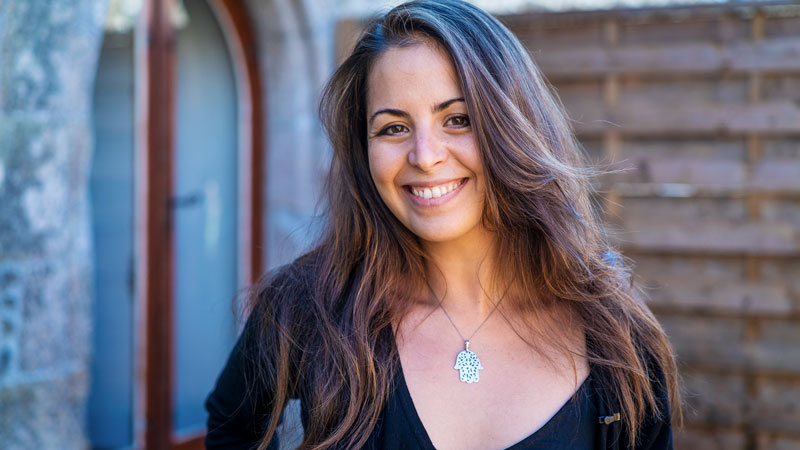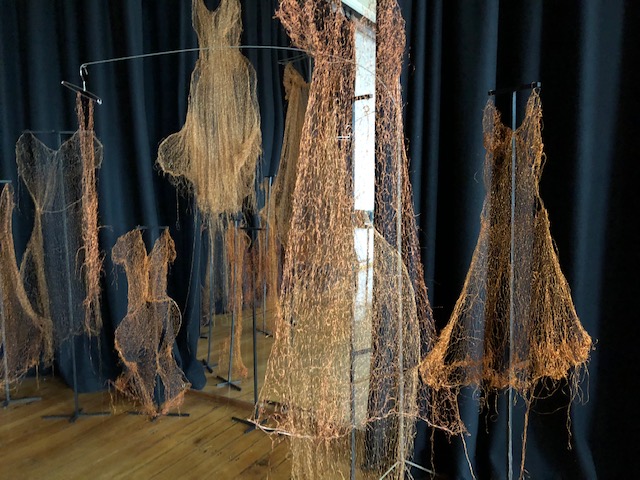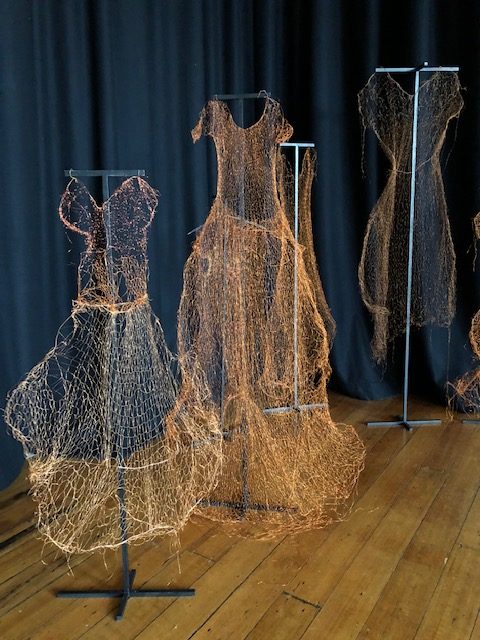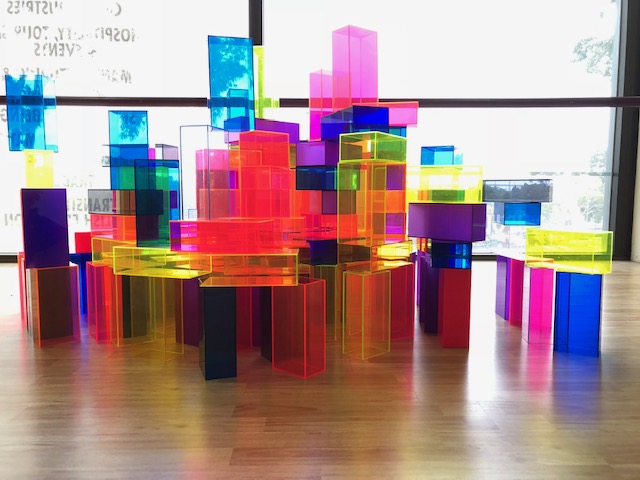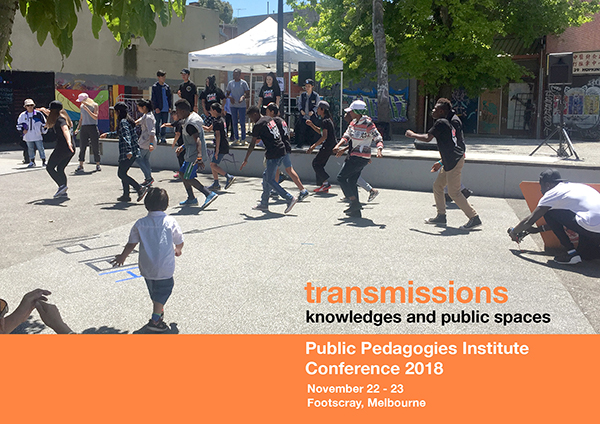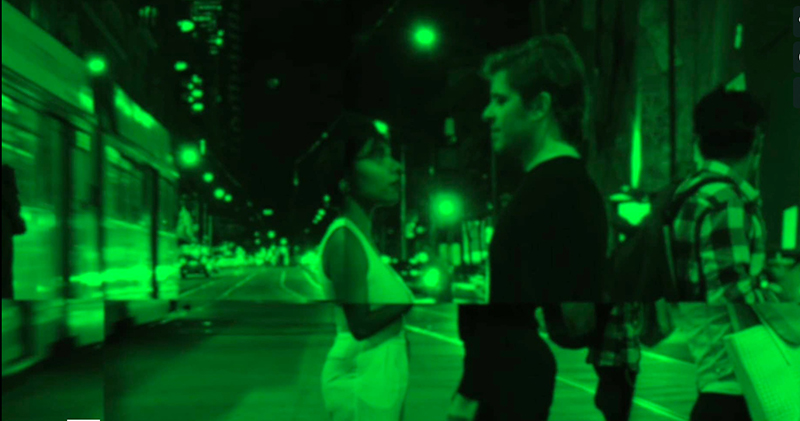A note from the President:
Hi Everyone,
This is just a brief note to wind up our work this year at the Public Pedagogies Institute. We have had some really interesting events and projects in development over the past twelve months.
We began the year thinking through ideas of how to re-structure the Institute. We have moved more formally into sub groups that consist of the Pop Up School and Knowledge Project, Research, Conference Organisation and the Journal. All of these sub-groups are open to anyone who wants to get involved. We had some discussion about whether we would stick to the monthly general meeting structure or just have reports from sub groups. Most people felt a strong connection to the monthly general meetings so these will continue.
Like all volunteer organisations, people contribute what they can. Having said that we are keen for people to pick up on work within one of the sub-groups as this helps the whole of PPI tick over.
We had a great one day symposium this year co-hosted by PPI, The City of Greater Geelong and Deakin University. The work that is being undertaken in Geelong is fascinating. The City of Greater Geelong has as its motto ‘A clever and creative future: it’s in our hands’. This self- determining emphasis is in line with our Institute. We look forward to a stronger presence there next year working alongside people who are contributing to the learning and teaching that takes place in community.
Once again, we partnered with the City of Wyndham with a Pop Up School and Knowledge Project in Point Cook. Despite the weather–it actually rained–the day was very successful. Point Cook is a vibrant community. We have only undertaken a few interviews there but I can say one theme that emerges strongly is of a future focused community. We look forward to interviewing more people to broaden our understanding of the depth of knowledge that is Point Cook. Thank you to the people who came and helped out at the Pop Up School day this year.
We have almost completed our next curriculum iteration, Toward a Werribee Curriculum that we will launch in February next year. We will keep you posted on the actual date and place.
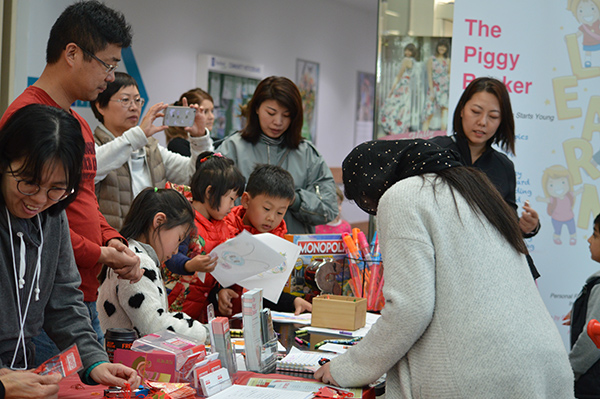
This year we had another fantastic conference, Transmissions: Knowledges and Public Spaces. Our two keynote speakers Jake Burdick from Purdue University and artist Charlotte Courtois, were really engaging. We thank them for making the effort to fly to the other side of the world!
I was also pleased to announce at the conference the inaugural recipient of the ‘Life Time Achievement Award in Public Pedagogy’, Professor Maureen Ryan. We acknowledge Maureen’s ongoing contribution to the field.
The conference attracted an eclectic mix of people and featured a diverse range of presentations and workshops. We thank everyone for their contributions.
This year we partnered with the VU Polytechnic Event Management and Hospitality students who assisted us in running the event. This partnership is in keeping with the Institute’s openness to knowledge contributions from the broadest possible spaces.
I would like to thank Victoria University, Institute for Sustainable Industries & Liveable Cities for making funding available to support the conference.
The Conference also saw the launch of the third edition of the Journal of Public Pedagogies. You can read this year’s edition on our website. The Journal is also co-hosted by the library at Victoria University and we thank them for their support (See https://jpp.vu.edu.au/index.php/jpp).
Next year the Journal will be a special edition on walking methodologies edited by Stephanie Springgay, who will also be the keynote speaker at our 2019 conference, and Sarah E Truman.
Thanks for all of your support this year. I look forward to seeing you next year as we move the work of the Institute forward.
Dr Karen Charman
President Public Pedagogies Institute
Conference Dates 2019
The dates for next year’s conference will be November 28 – 29.
Please contact us if you have any proposals for workshops or presentations.



